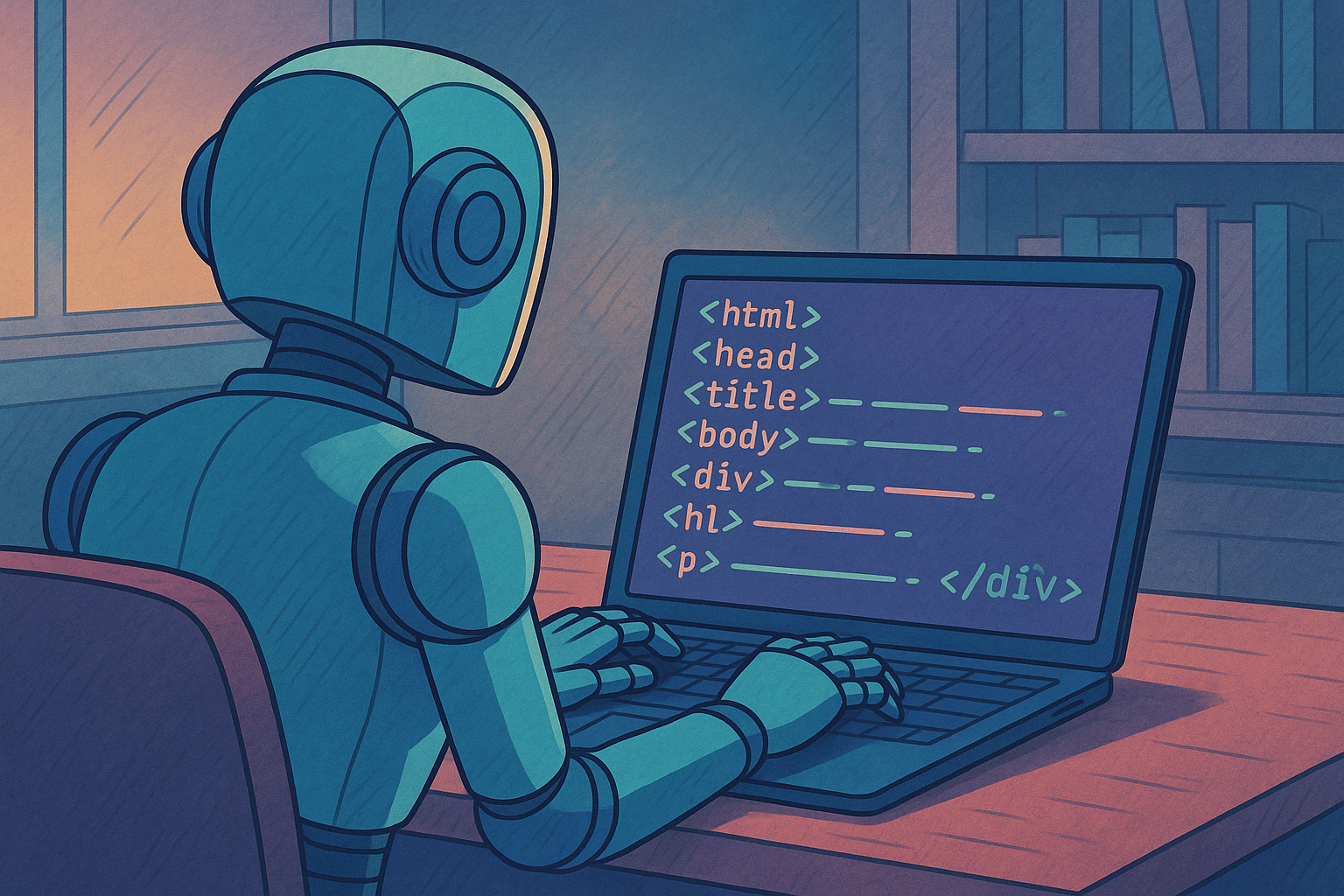
You keep hearing about Artificial Intelligence (AI) and wonder what it’s got to do with your business. The buzz is strong and it definitely sounds exciting, but is this big, must-go party exclusively for multibillion-dollar companies, or can small businesses get an invite, too?
Good news: AI is indeed as groundbreaking as it sounds, and its applications and benefits are within reach today, even for small businesses new to AI. From reducing operational costs to increasing small business efficiency, from generating sales growth to improving customer experience, adopting and deploying the right AI technology for your business can empower your company to gain these abilities that can translate into a sustainable and scalable competitive advantage.
Just like all good results, however, they don’t come without putting in the work, and anything worth doing is worth doing right. Regardless of which AI technology your business adopts or how you’ll use the best AI for your small business, the importance of (1) quality inputs, (2) proper training, and (3) clear goals for what you want to achieve cannot be overemphasized.
Ever heard of the saying “garbage in, garbage out”? It’s especially true when adopting and deploying AI for small businesses. To be a useful and actionable application that delivers results for your company, AI needs the right starting point so that it can go the distance.
With some luck, maybe your business is ready to adopt and deploy AI. In case it isn’t, however, here’s a checklist of what to do to get your company AI-ready. These measures can apply broadly if you’re still thinking about the AI application you’d want, but it’s especially applicable for businesses wanting to use AI for customer support, sales, and marketing applications.
Get Your Small Business AI-Ready in Five Steps
1. Make sure you have a thorough understanding of how your customer journey works
Did you know that 88% of customers agree that the experience a company provides is as important as its products and services? In a digital-first world, it’s not just about driving traffic to your brand’s website and other online properties. It’s equally important if not more, to get those who land on them to convert: a purchase, booking, trial, or scheduling a demo. A good understanding of how your business turns a lead into a customer will equip you with insights that inform where you can invest to create efficiency, solve problems, and ultimately drive growth. Key insights such as what information users spend time on or click through when they navigate your site, which of your email campaigns perform well, questions that the business gets via email or phone calls, or activities that immediately precede a conversion can strongly shape the data on which to train AI, among other things.
2. Ensure that your website is up to date with industry standards
It should be a given that websites adhere to certain technical standards and best practices, but unsurprisingly, many do not. Those that do, however, will be first in line to reap AI’s rewards for businesses: their content will be consumed, displayed, and disseminated better regardless of devices. Optimizing the brand’s site for performance and search, such as making sure it is lean in code and assets and running on good site architecture, can only mean that any AI application that works off of it can do an even better job with this strong foundation.
3. Articulate the problems the business is solving and its competitive advantage
What insights has your company uncovered over its lifetime? What’s the buzz around your company and its products? Why do customers love the brand? Newsflash: 77% of customers trust companies to make honest claims about their products and services, so you want to get these answers right. Putting all of these into the data that AI will be trained on is critical to hitting the right tone of voice and accurate information that will convert leads into customers when they’re interacting with your AI application. After all, for many products and services, customers don’t buy just based on information - they purchase with their emotions.
4. Collect, collate, and prepare your training data well
Your website is not the only source of information that can make your AI bots powerful (see #1 and #3). Whether it’s blog posts, user reviews, customer service transcripts, or product FAQs, harness one of the best features AI has to offer - its ability to consume and shape voluminous amounts of data into natural language that connects with customers - by having relevant information ready. Clean and pre-process it, making sure it's free from factual errors and typographical mistakes.
5. Identify your goals to know your baseline and your ensuing progress
With a good idea of your company’s customer journey (#1) and your own operational challenges, determine which area you’d like to focus on so you can find the best AI for your small business. Solutions like SiteSpeakAI help you hit several birds with one stone, even if you don’t have any technical expertise. Its ChatGPT-powered platform creates a powerful AI chatbot that provides customer support for your business that sounds and feels authentic to your brand, freeing up operational hours and enabling small business efficiency. Its seamless integration capabilities with your website ensures it has accurate information that can engage business leads from the very beginning and convert them into happy and loyal customers over their lifetimes.
AI is here, right now, and you can harness its power, even - and especially - as a small business. Ready to get started? Check how AI-ready your website is with SiteSpeakAI’s free and powerful AI scoring tool, and let our experts help you start your amazing AI journey.





